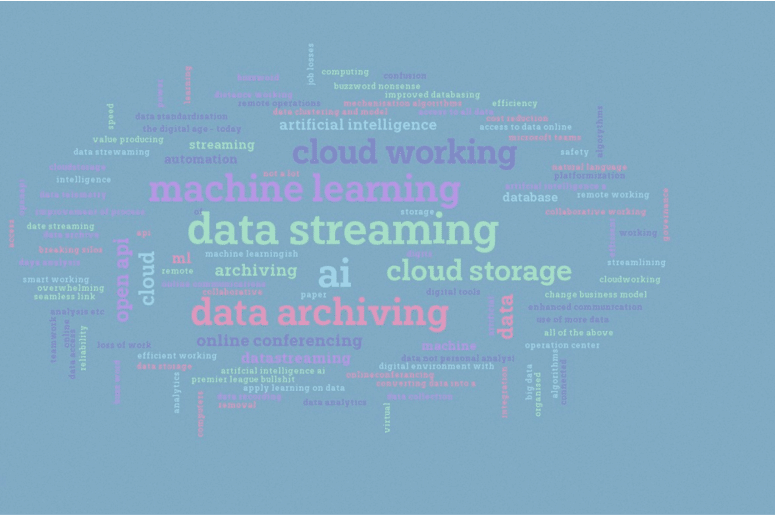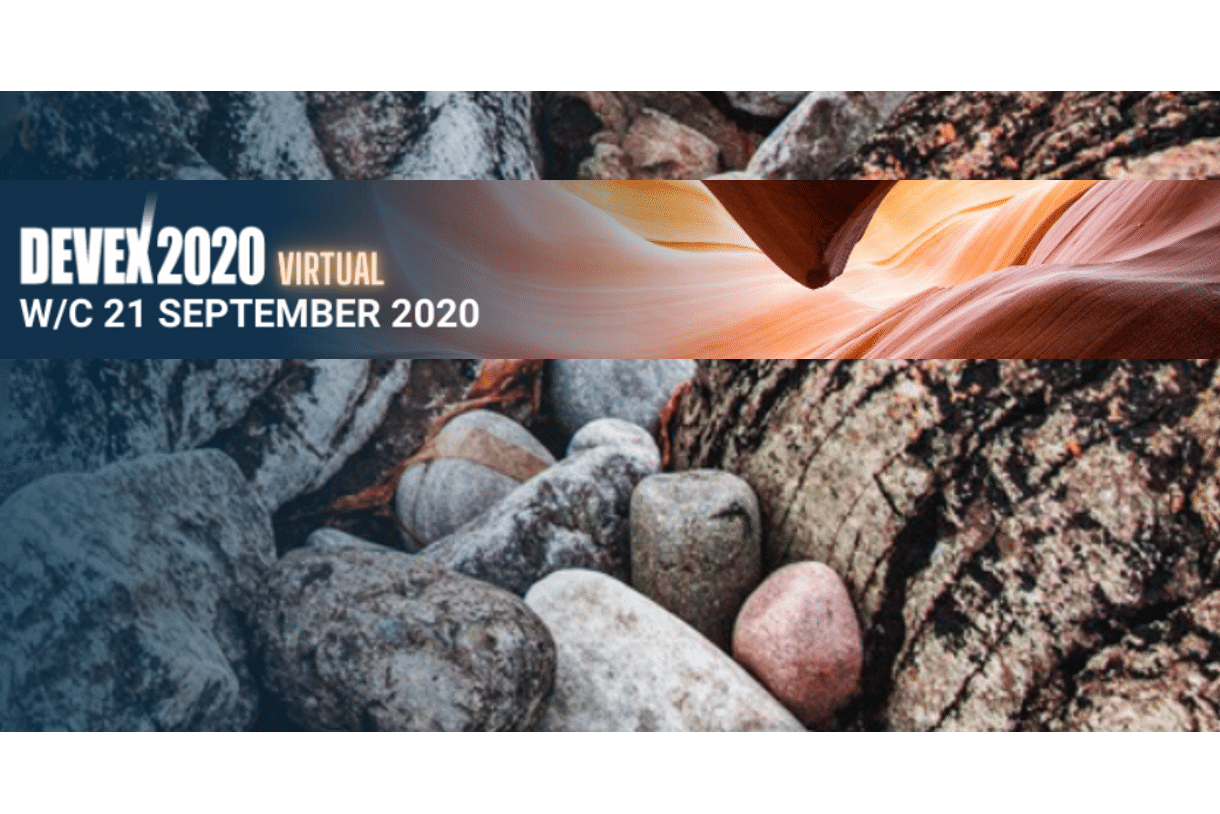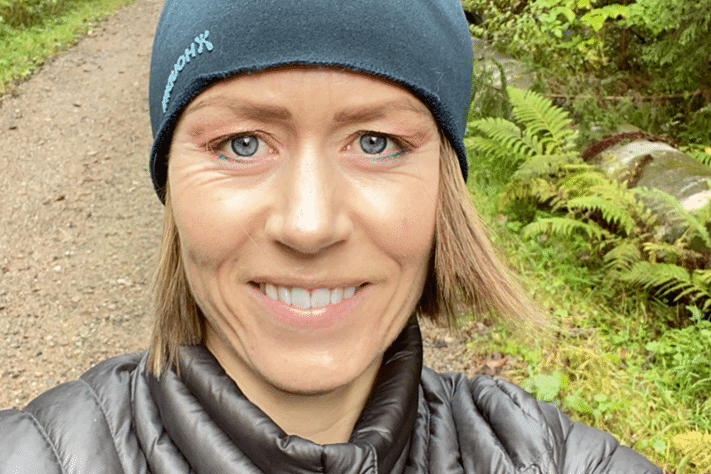Next week, the bi-annual Operations Geoscience conference takes place, organised by a team of volunteers from the industry and facilitated by the Energy Group of The Geological Society. Prior to each conference, a survey has been organised to get a better understanding of how the Operational Geoscience profession is dealing with various imminent issues and longer-term trends.
The conference will take place 4-5 November as a digital event. The programme can be found here and you can register through this link.
The key theme of the 5th operations geoscience conference is how the role of the operations geologist will evolve as the oil and gas industry embraces the digital transformation.
Working from home
With 70 out of 107 respondents confirming that they have been working from home (WFH) recently, it is obvious that this is a new norm for many. Although a fair amount of people appreciate the flexibility this offers, the loss of face to face contact and social interaction were seen as the most important issues WFH brings. Weighing up the pros and cons, the optimal balance for the majority of respondents seems to be a 50/50 combination of office and home working.
Behaviour largest barrier to digitalisation
One of the main topics of the conference will be digitalisation and how this affects the working lives of Operational Geoscientists. Data management and streaming was one of the most important terms the 2020 survey respondents associated with the phrase digitalisation. However, the respondents also rated the industry still fairly poor when it comes to these aspects, with behaviours thought to be the most important barrier to further digitalisation.

Job security
If the Covid-19 pandemic has done one thing to the Operations Geoscience community, it has made people feel much less confident about the security of their own role, as well as their future within the oil and gas sector. Although people seem to accept that companies have had to reduce headcount and that HSSE responses have been adequate overall, there is no doubt that the current crisis has made people look at possibilities beyond the oil and gas sector and investigate how skills are transferable to other sectors.
An industry still dominated by men
Out of the 129 respondents to the survey, 110 were men. If this is representative for the gender balance of the profession, it is a matter of concern. As Jenny Windress, one of the organisers of the conference puts it: “All too often, Wellsite and Operations Geology is a disruptive job, not only because of remote wellsite work, but also because of long and unpredictable work hours, frequently during out of office hours. This is possibly the reason why many women may at some point in their careers, especially when they have children, decide that it does not provide the right balance for work and family.” “There is a silver lining though”, she adds, “there were two more women responding to the survey than last time!”
HENK KOMBRINK





